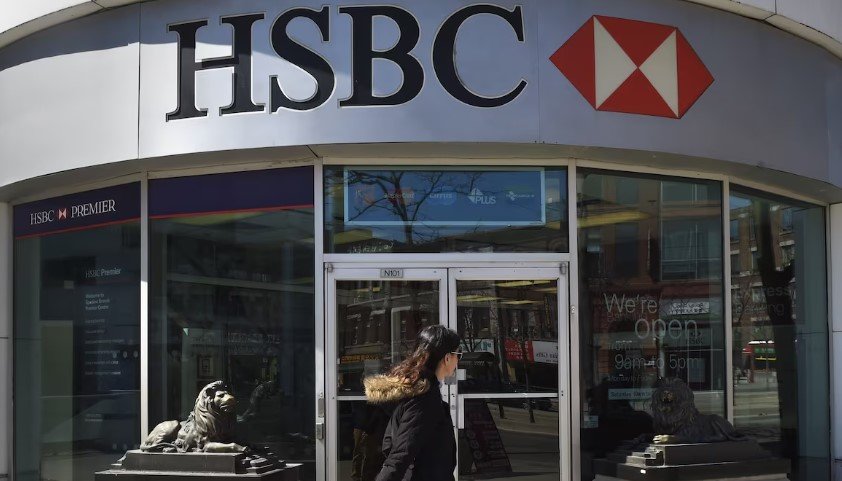The proposed acquisition of HSBC Canada by the Royal Bank of Canada (RBC) has sparked a heated debate among industry experts and the general public Critics argue that the $13.5 billion deal will lead to a monopoly, reducing competition and potentially increasing banking fees for Canadians. This concern stems from the fact that the merger would combine Canada’s largest bank with the seventh-largest, altering the financial landscape significantly.

Economic Implications
Supporters of the deal emphasize the potential economic benefits, such as job retention and the repatriation of roles currently based overseas. They point out that HSBC’s decision to exit the Canadian market has created uncertainty for its clients, and RBC’s takeover could provide stability and continuity. Moreover, the acquisition is seen as a strategic move to strengthen RBC’s position in the global market, offering innovative banking solutions and advanced digital capabilities.
Regulatory Hurdles
Despite the Competition Bureau’s approval, the transaction faces opposition from various quarters, including political leaders and civil society groups. The House of Commons finance committee has urged the federal government to reject the deal, citing concerns over reduced competition1
Public Sentiment and the Future
The public’s reaction to the takeover has been mixed, with some expressing worries about the implications for consumer choice and banking costs. The outcome of this merger could set a precedent for future acquisitions in the highly regulated Canadian banking sector, which is actively seeking growth opportunities.






